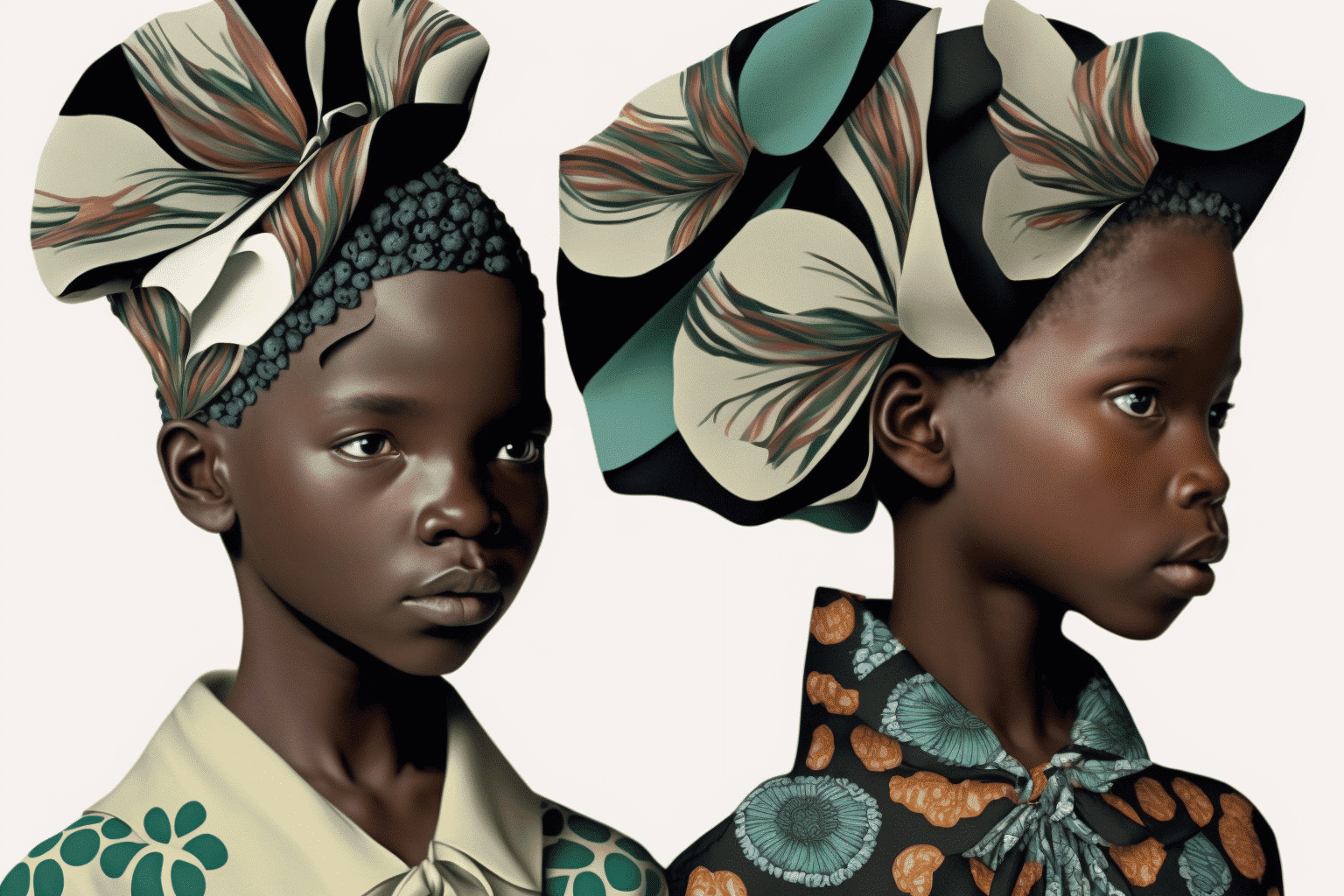Deborah Roberts, a renowned collage artist, has filed a $1 million lawsuit against Lynthia Edwards, an artist who creates similar collages of Black children and Edwards’ art dealer and gallery.
However, the defendants are seeking to have the case dismissed on the grounds that Roberts cannot copyright an entire artistic style that she did not create.
Lawyers for Edwards and her dealer have filed a motion to dismiss, arguing that the use of photo-based collage has long roots in the work of Black American artists and that Roberts does not own the concept of depicting Black figures through collage.
They have also pointed to other famous artists who have used similar techniques.
The motion to dismiss the lawsuit brought by Deborah Roberts against fellow artist Lynthia Edwards, and her art dealer and gallery, has been filed in a federal court in Brooklyn.
The defendants argue that Roberts cannot copyright an entire artistic style that she did not create.
Roberts, who is known for her mixed media collages of Black children on white backgrounds, filed the $1 million lawsuit against Edwards, who also creates collages of Black children from found photographs and other materials, often on colourful backgrounds.
The motion to dismiss argues that the use of photo-based collage is a historical tradition and that Roberts cannot own the exclusive rights to it. The case is currently pending in court.
According to the memorandum filed with the motion to dismiss, the lawsuit is viewed as an attempt by an established artist to restrict market competition and eliminate a competitive threat from an emerging artist.
The memorandum notes that the use of photo-based collage has a rich history in Black American art and that many artists have been using the style prior to Roberts.
The memo argues that the only similarity between Roberts’ and Edwards’ art is that they both fit into a historical tradition of depicting Black figures through collage, a tradition that Roberts did not invent or own.
Despite her accomplishments, the memorandum states that Roberts cannot claim exclusive rights to the concept of using collages to depict Black figures.
The lawyers in the case pointed out that Pablo Picasso did not hold the exclusive copyright for his cubist style of painting, and other artists have not had exclusive rights to their styles either.
The lawsuit also referenced artists such as Hannah Hoch and Picasso for their contributions to the development of collage techniques in the early 20th century.
According to the memorandum, the cubist-inspired works of artists like Jacob Lawrence and Romare Bearden were influenced by local practices like piecing quilts and decorating walls with newspaper and magazine pages.
The next generation of artists, such as Benny Andrews and Faith Ringgold, expanded on this style to include patterning, surface embellishments, and fabrics from African textiles.
The lawsuit stated that other artists who utilize similar techniques include Lorna Simpson, Neo Matloga, and Njideka Akunyili Crosby.
Roberts claimed in her complaint that Edwards had utilized the same source photos in her collages, including iconic images of Rosa Parks, which Edwards’ lawyers pointed out she does not hold the copyrights for.
Roberts spoke with Sightlines magazine last year and rejected the notion of stifling emerging competition.
“This is not a frivolous claim,” Roberts said. “I wish success for everyone in the art world, especially young and emerging artists of colour. The claim that I am trying to bring down a younger artist is misleading. I don’t know [Edwards], but her work is being mistakenly perceived as mine.”
The lawsuit filed by Deborah Roberts against Lynthia Edwards, her art dealer Richard Beavers, and his gallery is a complex case that touches upon issues of artistic style, copyright, and competition in the art world.
While Roberts maintains that her work has been misused and her style misattributed, Edwards and her team argue that the concept of Black figures depicted through collage has deep roots in art history and cannot be owned by any one individual.
The outcome of this case will have important implications for artists, copyright law, and the future of art in general.
